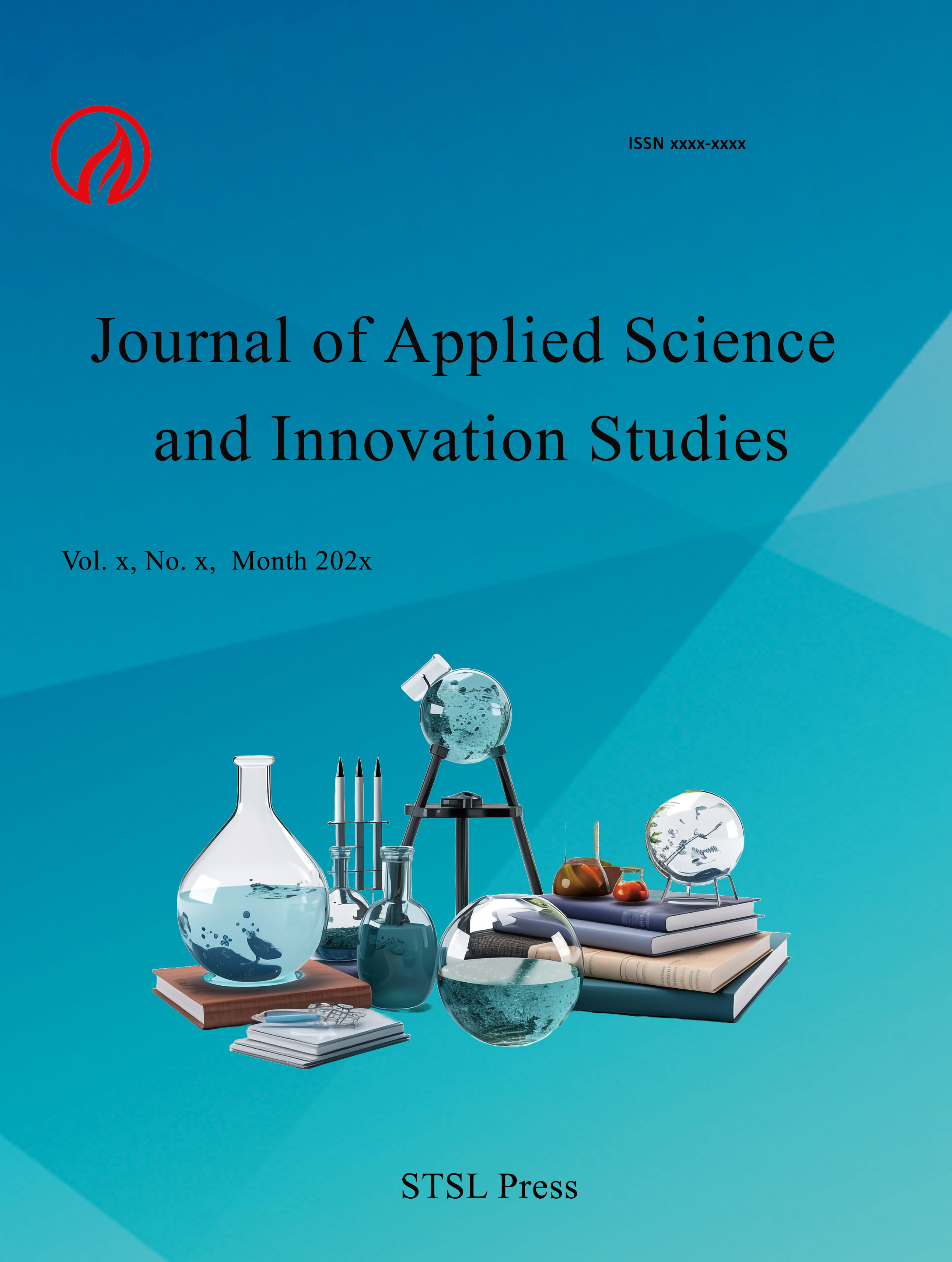Digitalization, Secularization, and the Need for Soulful Education
Abdul Rashid Moten
Dzulkifli Abdul Razak
Abstract
Digitization is the conversion of physical information into digital formats, converting hard paper files and documents into digital files and documents. It has many positive effects including making life easier, connecting people, spurring innovation, and helping economies develop. However, it has led to metabolic diseases caused by sedentary lifestyles, created mental health problems, augmented concerns around privacy and security, and has resulted in social isolation and reduced interactions. The digital revolution is changing the way people live and interact, but it is neither sustainable nor equitable. The COVID-19 pandemic has accelerated digitalization but it has also widened inequalities between and within less-connected and hyper-digitalized societies. Ensuring a more equitable global digital economy will require crafting agile government regulations, upskilling workers, and encouraging a balanced approach to life that incorporates both technology and spiritual practices. Technology should be used in a way that is aligned with one's spiritual or ethical values and beliefs. Spirituality includes a connection to something greater than oneself, a sense of purpose or meaning, and a commitment to ethical principles such as compassion, love, and respect. This can be attained through soulful education and the University with Soul.
Paper:
pdf
DOI:
https://doi.org/10.71002/jasis.v1n1p18
 This work is licensed under a
Creative Commons Attribution 4.0 License.
This work is licensed under a
Creative Commons Attribution 4.0 License.
Contact us
- Sarah Bulseco
- jasis@stslpress.org
